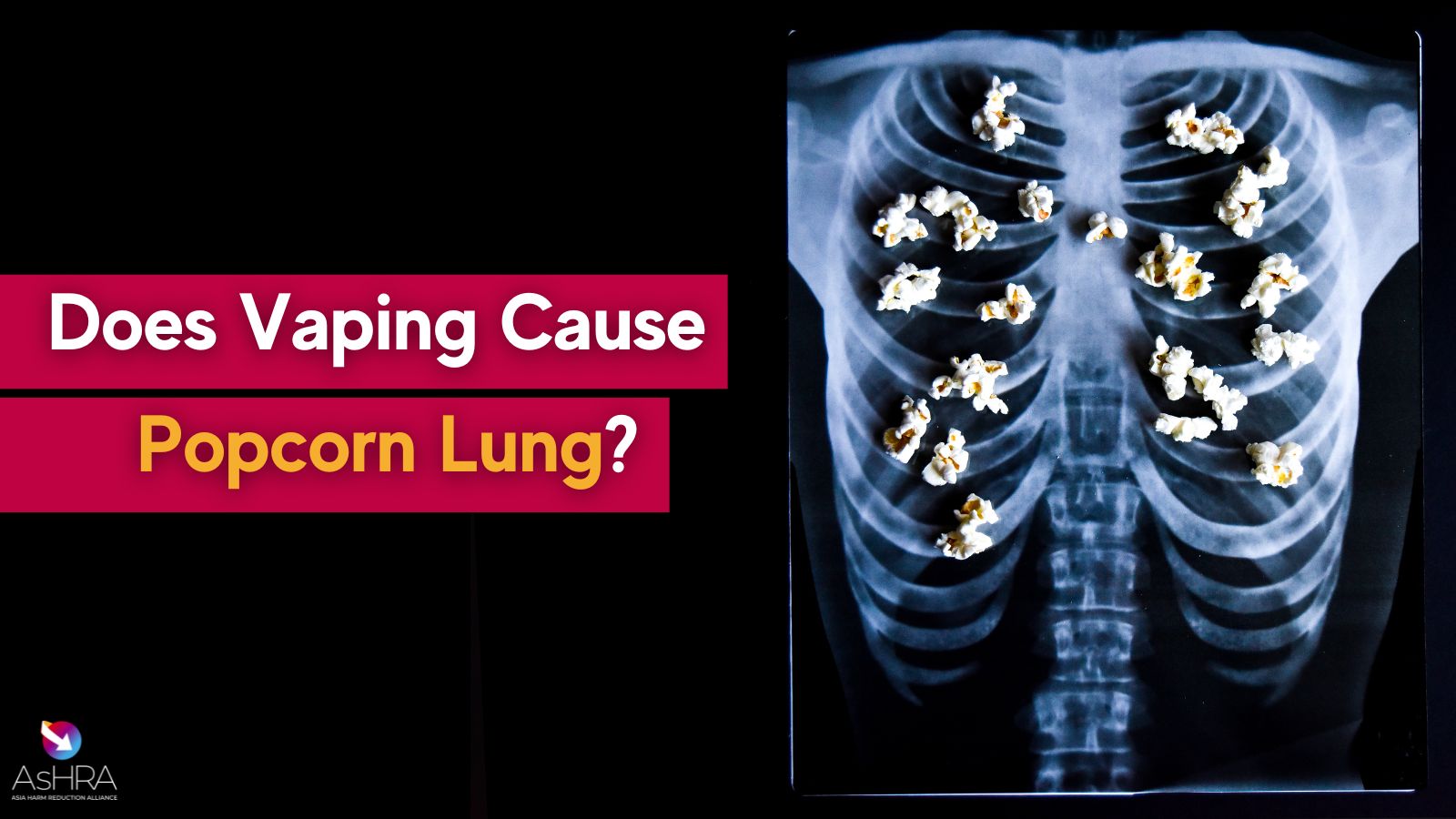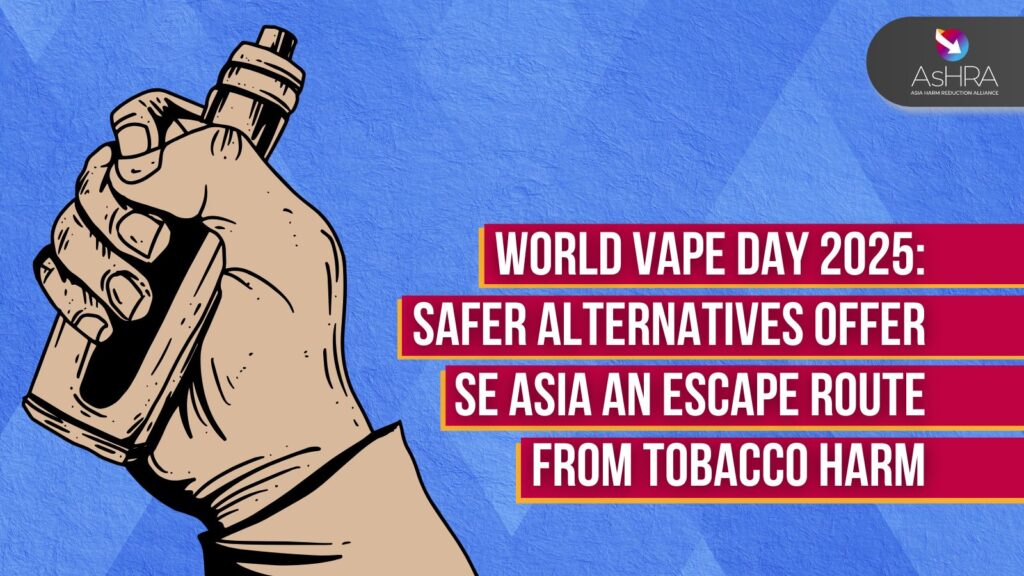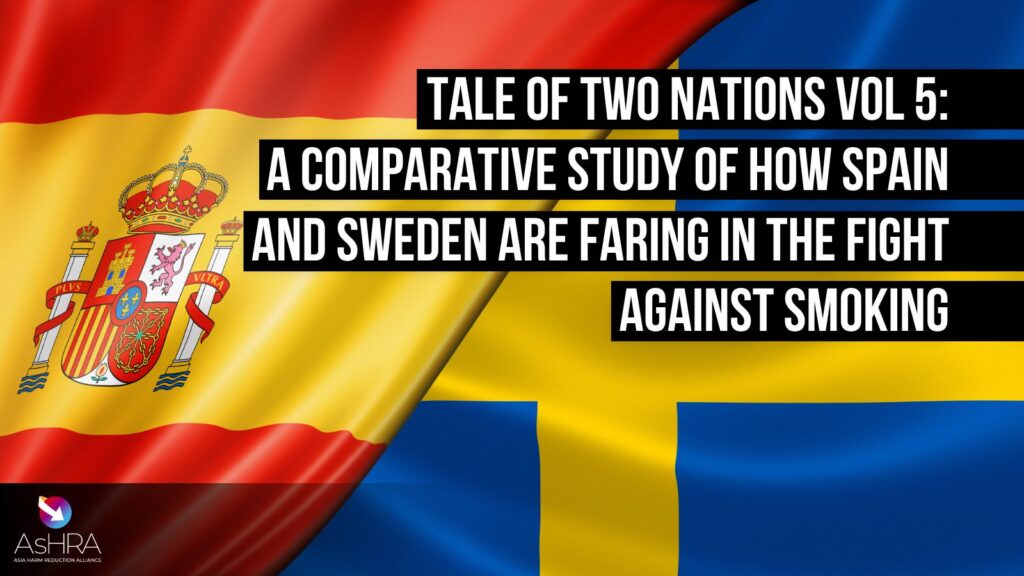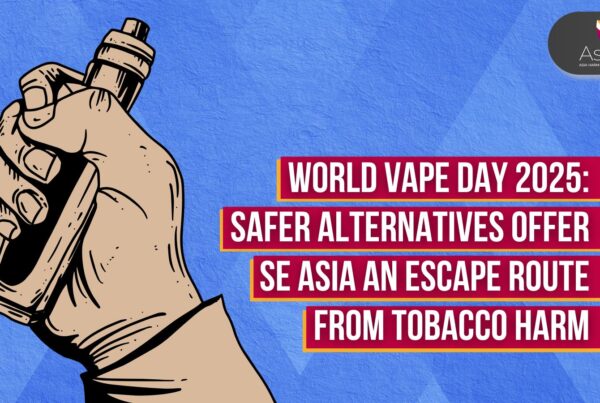Highlighting the potential impact of harm reduction policies on tobacco-related fatalities across four lower and middle-income countries (LMICs), a recent study has revealed compelling findings on the life-saving potential inherent in its suggested approach. The report utilises South Africa as one of the four case studies. It presents crucial insights that could shape the future of tobacco control and public health in the country.
According to a 2020 survey, 20.2% of adults in South Africa are tobacco smokers. Furthermore, heart disease and strokes, conditions often linked to smoking, stand as the second and third most prevalent causes of death in the nation. The anticipated trends for 2025 from the World Health Organization (WHO) suggest no expected decrease in the smoking rate in South Africa.

However, the ideas presented in the Lives Saved report suggest that a different viewpoint is possible. The authors assert that the adoption of harm reduction policies and similar strategies might lead to a possible 50% decrease in the smoking rate in South Africa by 2030.
The report outlines three specific scenarios in order to portray the impact of a harm reduction strategy. By demonstrating traditional tobacco control, the first scenario shows policies and interventions continue at their current scope and pace. In the second scenario, there is an intensified implementation of tobacco harm reduction (THR) policies with an increased availability of THR products, resulting in a natural increase in the number of lives saved.
However, the report does not stop there. It then introduces a concluding scenario where tobacco control is combined not only with an escalation in tobacco harm reduction (THR) but also improved access to diagnostics and treatment. This comprehensive approach potentially saves 320,000 lives in South Africa alone, further reducing the projected number of tobacco-related deaths in the country.
Gain further insights into the impact of harm reduction on preventing deaths from tobacco-related causes by referring to the full report.
Related Posts
 Time to support Filipino vape law, not relitigate it
Time to support Filipino vape law, not relitigate it
Time to support Filipino vape law, not relitigate it
 Greens’ Plan To Legalise Nicotine Vapes Lauded
Greens’ Plan To Legalise Nicotine Vapes Lauded
Greens’ Plan To Legalise Nicotine Vapes Lauded
 Taiwan Vaping Ban Disappointing For Its Many Smokers
Taiwan Vaping Ban Disappointing For Its Many Smokers
Taiwan Vaping Ban Disappointing For Its Many Smokers
More about
Alcohol Harm Reduction
More about





